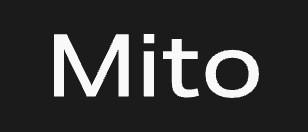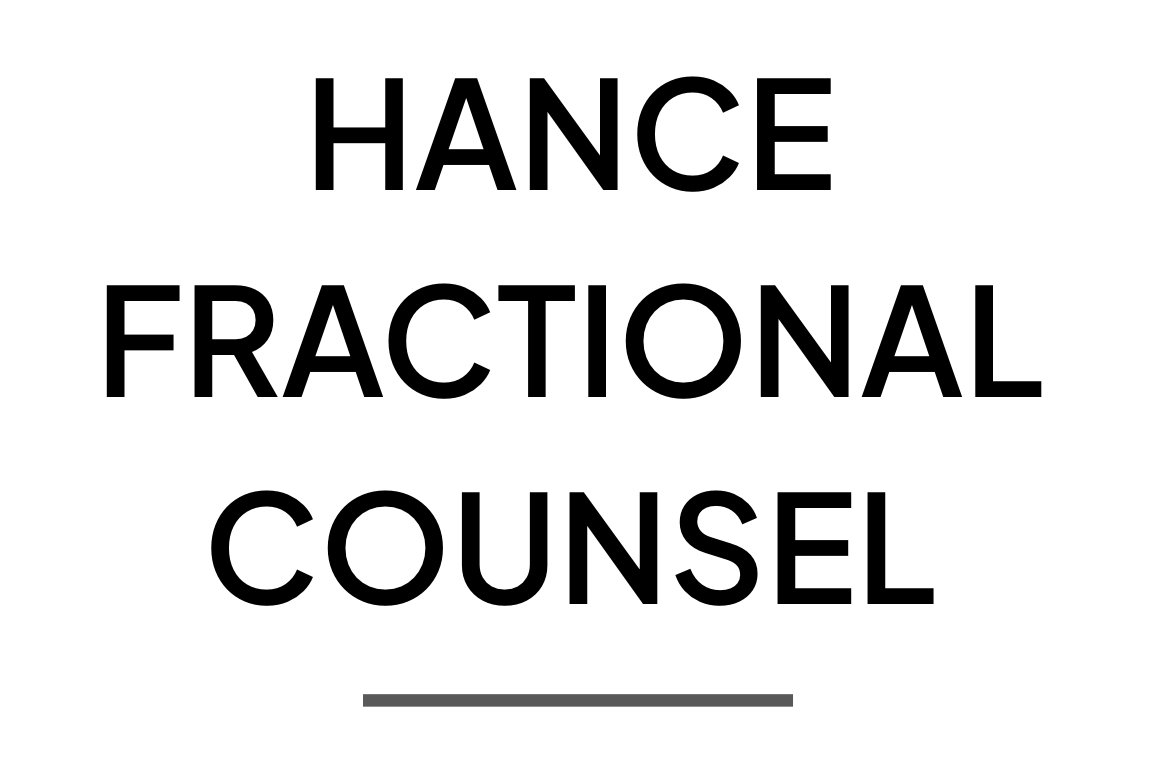StellarFi is a public benefit corporation helping Americans build their credit scores. About 150 million Americans have poor or no credit, and it can be difficult to dig oneself out of bad credit.
“There’s a credit paradox, where you have to have credit to build credit,” says Josh Holley, vice president of finance and operations at StellarFi.
The company aims to change this by helping those living paycheck to paycheck build credit with everyday purchases, like Netflix subscriptions and gym memberships, and without the large deposits needed for secured loans or secured credit cards.
StellarFi launched in 2022, and has raised $22.5 million, including a Series A round in 2023. The company uses Carta’s platform for cap table management, compensation data, and equity advisory.
Cap table made simple
“I’ve been working at startups for about eight years now, and almost every company I’ve ever been involved with has used Carta,” says Josh, who previously served in the Marine Corps. “What’s fantastic about Carta is that the core product makes something that confuses a lot of people simple. Managing a cap table, issuing options, managing funding rounds—they’re all simple with Carta.”
Carta makes managing a cap table intuitive, says Josh. “You don’t have to be a finance professional or lawyer to do it. Carta takes what is usually a black box and scary to a lot of founders and makes it very easy.”
Josh HolleyManaging a cap table, issuing options, managing funding rounds—they’re all simple with Carta.
Vice president of finance and operations, StellarFi
As the company prepared for its Series A round, Carta provided scenario analysis for different funding levels and valuations, he says. “As we got into fundraising, Carta made it very easy to keep an up-to-date cap table in our data room and easily provide additional detail as requested.”
‘Science behind the art of hiring’
As a young company that grew quickly—StellarFi went from two employees to over 40 in 18 months—it needed a compensation tool enabling it to hire the talent it needed at the right salary. When the team set out to make a hiring plan, they used Carta Total Comp (CTC) to allot headcount within their 2023 budget.
“It’s been a powerful tool for us,” says Josh.
Beyond the initial hiring plan, the team has also leveraged Carta Total Comp data when extending offers.
“When we make offers with CTC data in mind, we know we won’t end up with people who are underpaid because they’re bad negotiators, and we don’t have anyone throwing off our pay bands because they’re really good negotiators. We have some science behind the art of hiring.”
After StellarFi started using Carta Total Comp, the team also reviewed the compensation of existing employees, both for salary and equity, to make sure compensation was equitable among roles and peers.
Professional tax advice
“The worst question you can get from a new employee is, ‘What do these options mean? What do they mean for my taxes? Is this worth anything?’” says Josh.
Since best practice for the company itself is not to give that sort of advice to employees, Josh would’ve been left in the position to tell employees to ask their accountant or attorney. “But I don’t know a lot of people who have a ‘my accountant’ or ‘my attorney,’” says Josh.
He knew most employees might end up asking a friend, Googling, or just giving up on understanding their options and leaving them unexercised.
Carta Equity Advisory gave StellarFi employees access to an accountant who specialized in equity to answer all their questions. Through Carta Equity Advisory, StellarFi was able to offer its team tax webinars, and the option for 1:1 sessions where Carta advisors gave specific advice, taking into account an individual employee’s full tax picture.
“To be able to give that benefit to our employees—someone who knows what they’re talking about and can take into account their entire tax picture or income picture and give them solid advice or direction—is something I wish I would’ve had many times over in being in startups.”









